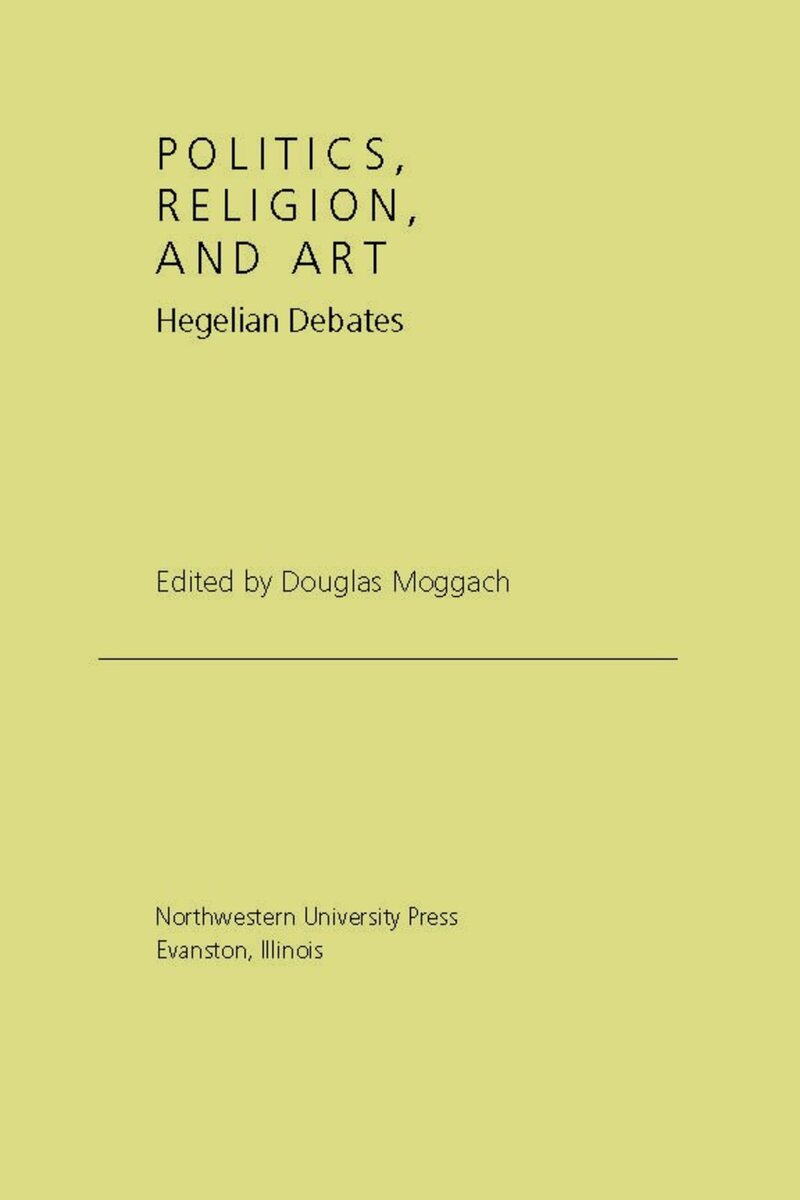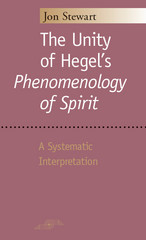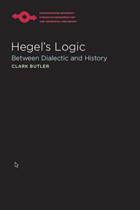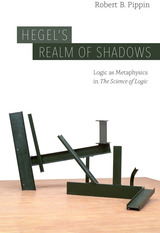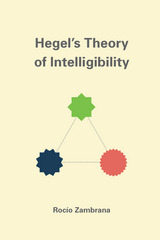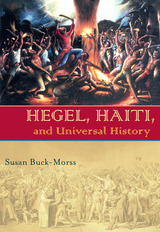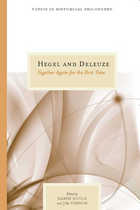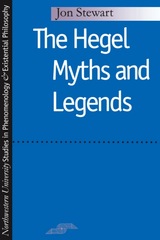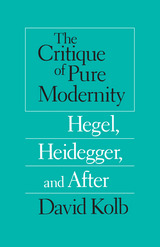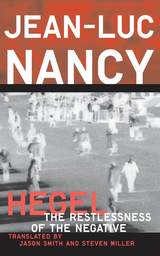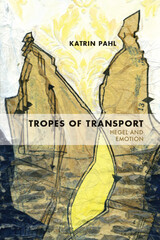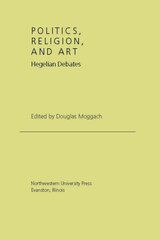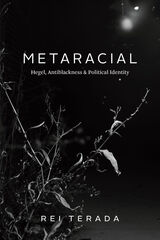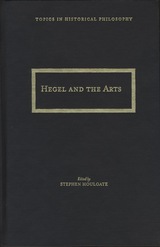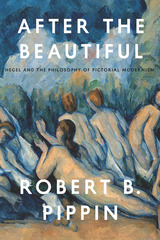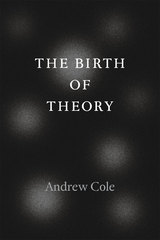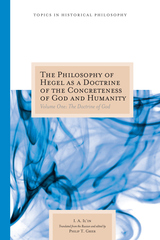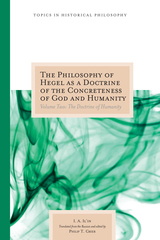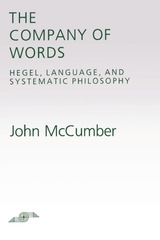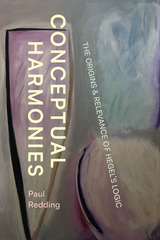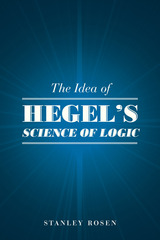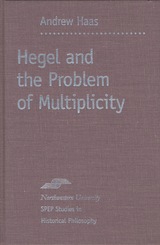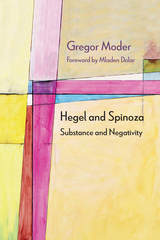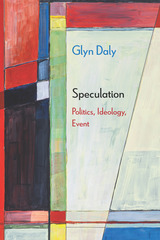Politics, Religion, and Art: Hegelian Debates
Northwestern University Press, 2011
eISBN: 978-0-8101-6516-8 | Paper: 978-0-8101-2858-3 | Cloth: 978-0-8101-2729-6
Library of Congress Classification B2948.P58 2011
Dewey Decimal Classification 193
eISBN: 978-0-8101-6516-8 | Paper: 978-0-8101-2858-3 | Cloth: 978-0-8101-2729-6
Library of Congress Classification B2948.P58 2011
Dewey Decimal Classification 193
ABOUT THIS BOOK | AUTHOR BIOGRAPHY | TOC | REQUEST ACCESSIBLE FILE
ABOUT THIS BOOK
The period from 1780 to 1850 witnessed an unprecedented explosion of philosophical creativity in the German territories. In the thinking of Kant, Schiller, Fichte, Hegel, and the Hegelian school, new theories of freedom and emancipation, new conceptions of culture, society, and politics, arose in rapid succession. The members of the Hegelian school, forming around Hegel in Berlin and most active in the 1830’s and 1840’s, are often depicted as mere epigones, whose writings are at best of historical interest. In Politics, Religion, and Art: Hegelian Debates, Douglas Moggach moves the discussion past the Cold War–era dogmas that viewed the Hegelians as proto-Marxists and establishes their importance as innovators in the fields of theology, aesthetics, and ethics and as creative contributors to foundational debates about modernity, state, and society.
See other books on: 1770-1831 | Aesthetics, Modern | Hegel, Georg Wilhelm Friedrich | Influence | Political science
See other titles from Northwestern University Press
